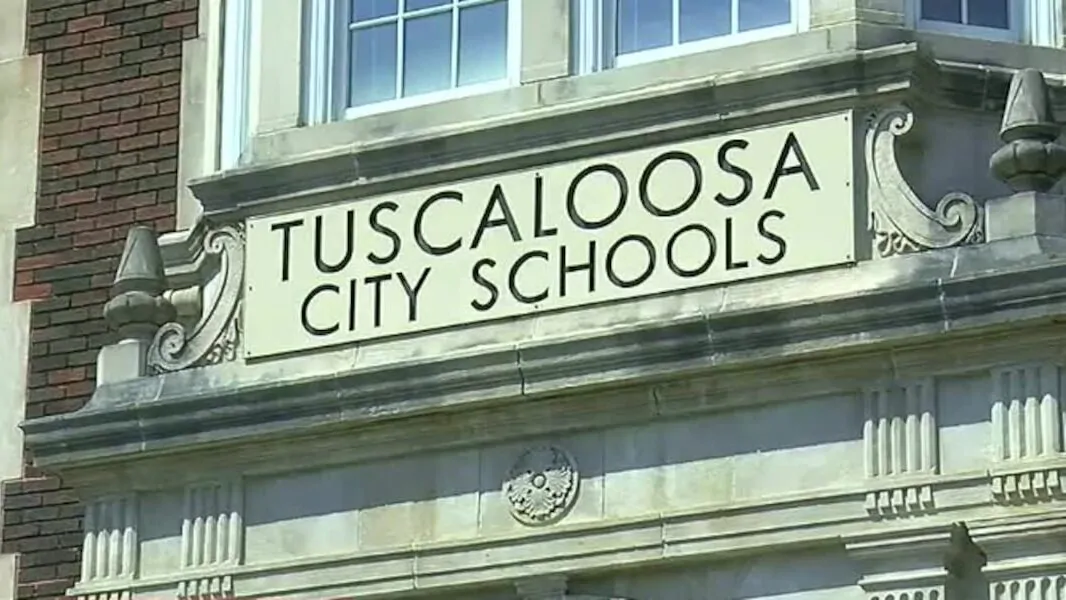The Tuscaloosa Board of Education voted unanimously Tuesday to sue the state of Alabama over its distribution of internet sales tax.
The vote came days after the Tuscaloosa City Council similarly voted to pursue a lawsuit against the state, claiming it is missing out on $14 million this fiscal year and growing.
The Simplified Sellers Use Tax, the formal name for Alabama’s online sales tax, is fixed at 8 percent and has been for a decade. State leaders initially designed the flat rate to attract businesses to collect sales tax when it was still voluntary, before the U.S. Supreme Court ruled that states can mandate the collection of taxes for online sales made inside state lines.
Some critics of Alabama’s online sales tax distribution see the flat 8 percent rate as a disadvantage for brick-and-mortar stores—the total sales tax rate in Tuscaloosa is 10 percent, giving online sellers a tax advantage.
Tuscaloosa Mayor Walt Maddox said cities like Tuscaloosa simply deserve more of the sales tax revenue generated within city limits. He gathered the mayors of the 50 largest cities in Alabama in April to bring light to the issue.
“Last year, we believe we lost $12.1 million to internet sales tax,” Maddox said at the conference. “And when I say lost, I mean dollars that were earned right here in Tuscaloosa, Alabama, that were earned that were exported out of our community. Those dollars could have gone for police officers, firefighters, paved roads.”
While there is the potential for lost revenues for Alabama cities, the distribution of SSUT could have an even greater impact on schools that receive a significant portion of their operating funds from local sales tax collections.
“The first point is that the city of Tuscaloosa is moving forward with this with or without us, and our participation or approval here makes sure that, win, lose, or draw, we will have a seat at the table,” said Tuscaloosa school board member Clint Mountain. “Whether or not it will be successful, I don’t know. It’s a very, very complicated issue and it has to do a lot more with the statutory construction of how these funds are collected and distributed, and it may not be as simple as filing a lawsuit. It may end up taking a lawsuit to bring attention to it, and then lobbying work and something done at the legislative level if [the lawsuit] is not successful, but this is certainly the first step and I think the correct step to take.”
Of the total SSUT collected by the state on online purchases, half goes directly to the state to be split between the General Fund and Education Trust Fund budget, while the other half is split among counties and municipalities based strictly on population. None of that local money is earmarked for education, providing a potential boon, particularly for county general funds, potentially at the expense of schools.
The city school system currently receives about 20 percent of the 3-cent sales tax collected by Tuscaloosa County. That sales tax revenue, combined with local property taxes, makes up about 35 percent of the school system’s operating budget.
Education leaders have worried that as customers continue to shop more and more online that it could slow the growth of local sales tax revenue without giving education systems any online sales tax revenue to offset it.
Chris England, the Democratic state representative from Tuscaloosa, has been working to change the law at the state level to ensure municipalities, counties and school systems aren’t being left by the wayside. The bill has gone through various forms, some that have leaned toward benefitting more education and some that have leaned toward benefits for municipalities. England has not yet pre-filed such a bill for the upcoming legislative session.
(Except for the headline, this story has not been edited by PostX News and is published from a syndicated feed.)

